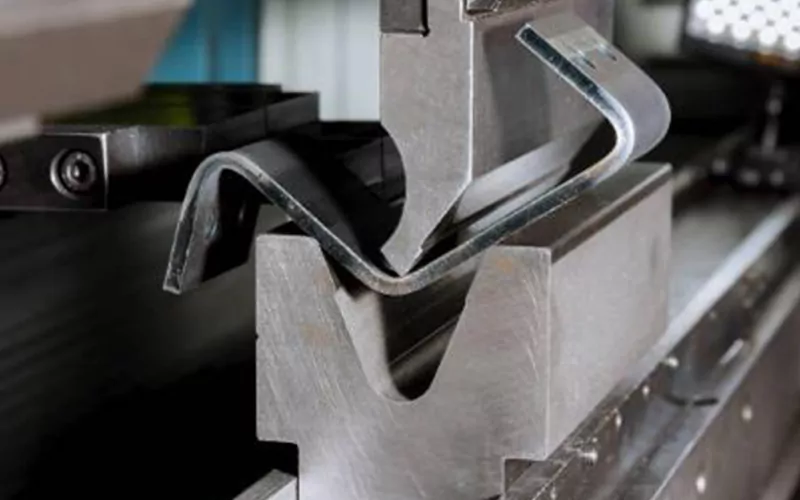In the world of manufacturing, CNC metal fabrication processes play a crucial role in creating precision parts and components. These processes involve the use of computer numerical control (CNC) machines to shape and form metal materials. However, the efficiency and productivity of CNC metal fabrication can be significantly enhanced through the implementation of automation.
Automation: Revolutionizing CNC Metal Fabrication
The integration of automation in CNC metal fabrication processes has revolutionized the industry by streamlining operations and improving overall productivity. Automation refers to the use of technology and machinery to perform tasks with minimal human intervention. In the context of CNC metal fabrication, automation involves the use of robotic systems, advanced software, and sensors to control and monitor the manufacturing process.
One of the key advantages of automation in CNC metal fabrication is the elimination of manual labor and human error. By automating repetitive and labor-intensive tasks, manufacturers can achieve higher levels of precision and consistency in their production. This not only reduces the risk of errors but also enhances the quality of the final product.
Enhanced Efficiency and Productivity
Automation in CNC metal fabrication processes significantly improves efficiency and productivity. With the use of advanced software and sensors, manufacturers can optimize the cutting, shaping, and forming of metal materials. These systems can analyze data in real-time, making adjustments to the manufacturing process to ensure optimal results.
For example, automated CNC machines can detect variations in material thickness and adjust the cutting parameters accordingly. This eliminates the need for manual measurements and adjustments, saving time and reducing waste. Additionally, automation allows for continuous operation, as machines can run 24/7 without the need for breaks or rest periods.
Reduced Lead Times and Increased Flexibility
Automation in CNC metal fabrication also leads to reduced lead times and increased flexibility in production. By automating various stages of the manufacturing process, manufacturers can achieve faster turnaround times and meet tight deadlines. This is particularly beneficial in industries where time-to-market is critical.
Furthermore, automation enables manufacturers to quickly switch between different product designs and specifications. With the use of advanced software, CNC machines can be reprogrammed to produce different parts without the need for manual reconfiguration. This flexibility allows manufacturers to respond rapidly to changing customer demands and market trends.
Cost Savings and Resource Optimization
Implementing automation in CNC metal fabrication processes can result in significant cost savings and resource optimization. By reducing the reliance on manual labor, manufacturers can minimize labor costs and allocate resources more efficiently. Automation also reduces the risk of human error, which can lead to costly rework and scrap.
Moreover, automation enables manufacturers to optimize material usage. CNC machines equipped with automated nesting software can arrange parts on a sheet of metal to minimize waste and maximize material utilization. This not only reduces material costs but also contributes to sustainability efforts by minimizing environmental impact.
In conclusion, the role of automation in streamlining cnc metal fabrication processes cannot be overstated. Automation revolutionizes the industry by enhancing efficiency, productivity, and flexibility. It reduces lead times, improves quality, and optimizes resource allocation. As technology continues to advance, the integration of automation in CNC metal fabrication will undoubtedly play a pivotal role in shaping the future of manufacturing.

